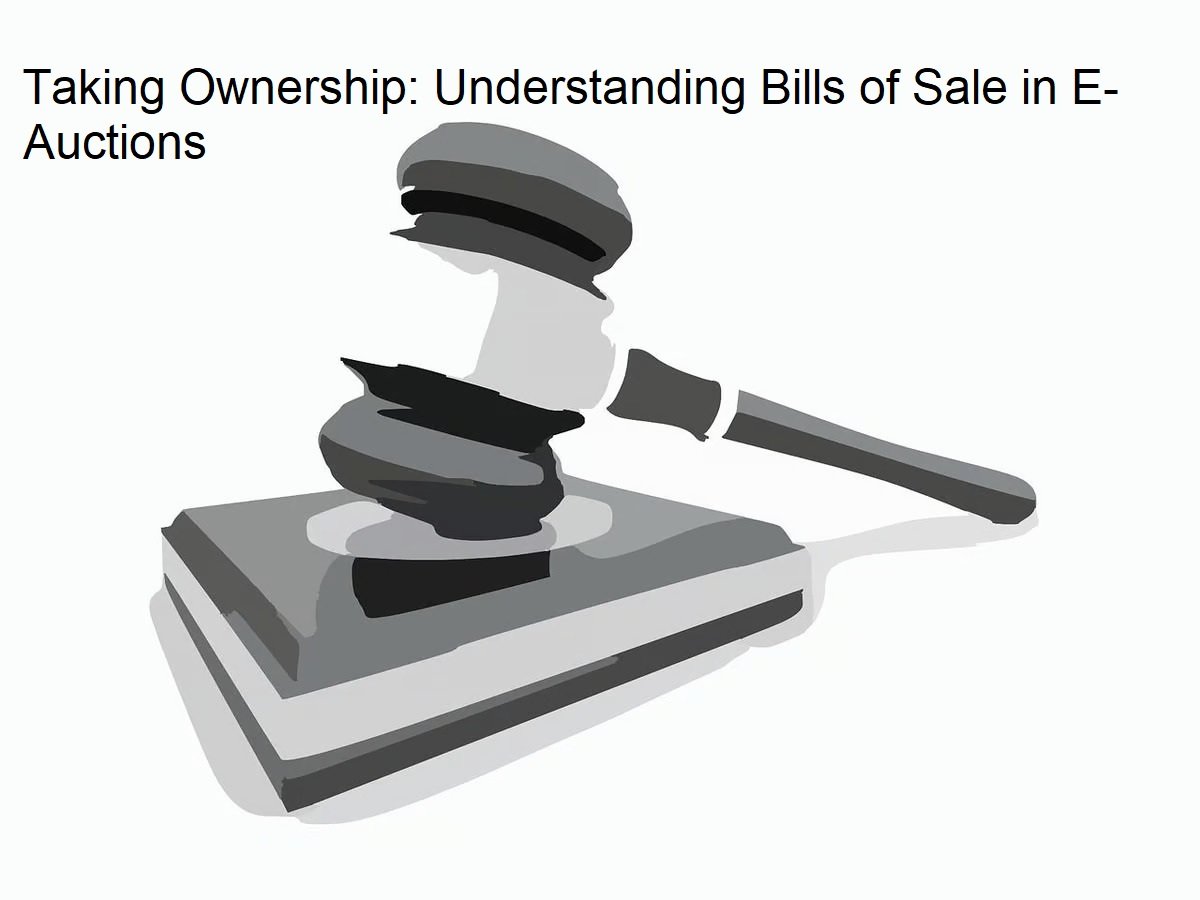In the landscape of India's financial strategies, the Securitisation and Reconstruction of Financial Assets and Enforcement of Security Interest Act, 2002 (SARFAESI Act) plays a pivotal role. It grants authority to banks and financial institutions to reclaim defaulted loans by seizing and selling secured assets. Amidst its provisions, Section 8 distinguishes itself due to a distinctive characteristic: the waiver of the obligation to register security receipts.
Let's delve into this exemption and grasp its implications:
Understanding Security Receipts
Visualize a financial tool amalgamating defaulted loans into tradable units. These units, known as security receipts, represent fractional ownership in the underlying assets. The SARFAESI Act empowers institutions to issue such receipts, facilitating smoother debt recovery.
The Rationale Behind Exemption
In the conventional scenario, the transfer of ownership of immovable property necessitates registration under the Indian Registration Act, of 1908, ensuring transparency and safeguarding property rights. However, Section 8 of the SARFAESI Act provides a waiver for security receipts, exempting them from compulsory registration.
Conditions Governing Exemption
This exemption comes with specific conditions:
Issued by an asset reconstruction company: Solely security receipts issued by authorized entities like asset reconstruction companies meet the criteria for this exemption.
Limited to financial assets: The exemption applies exclusively to security receipts representing financial assets, excluding physical property.
No direct property rights: The security receipt cannot confer direct ownership or any other legal interest in immovable property; its entitlement is limited to a share in the proceeds from the property's sale.
Advantages of the Exemption
This exclusion streamlines the debt recovery process:
Expeditious transactions: By avoiding registration delays, the issuance and transfer of security receipts occur swiftly, expediting debt resolution.
Cost reduction: The elimination of registration fees translates to cost savings for both financial institutions and investors.
Improved liquidity: The simplified transferability attracts more investors, fostering a thriving market for security receipts.
Drawbacks to Consider
Despite its merits, the exemption raises concerns:
Potential for fraud: The absence of registration may complicate the tracking of ownership and act as a potential facilitator for fraudulent activities.
Investor protection: Without registration, investors may have limited information about the underlying assets, heightening the associated risks.
Striking a Balance
Section 8 of the SARFAESI Act, aiming to expedite debt recovery, is a well-intentioned provision. However, addressing potential drawbacks requires robust regulations and initiatives for investor awareness. Achieving an equilibrium between efficiency and transparency is paramount to ensuring that this exemption fulfills its purpose without jeopardizing financial stability.


